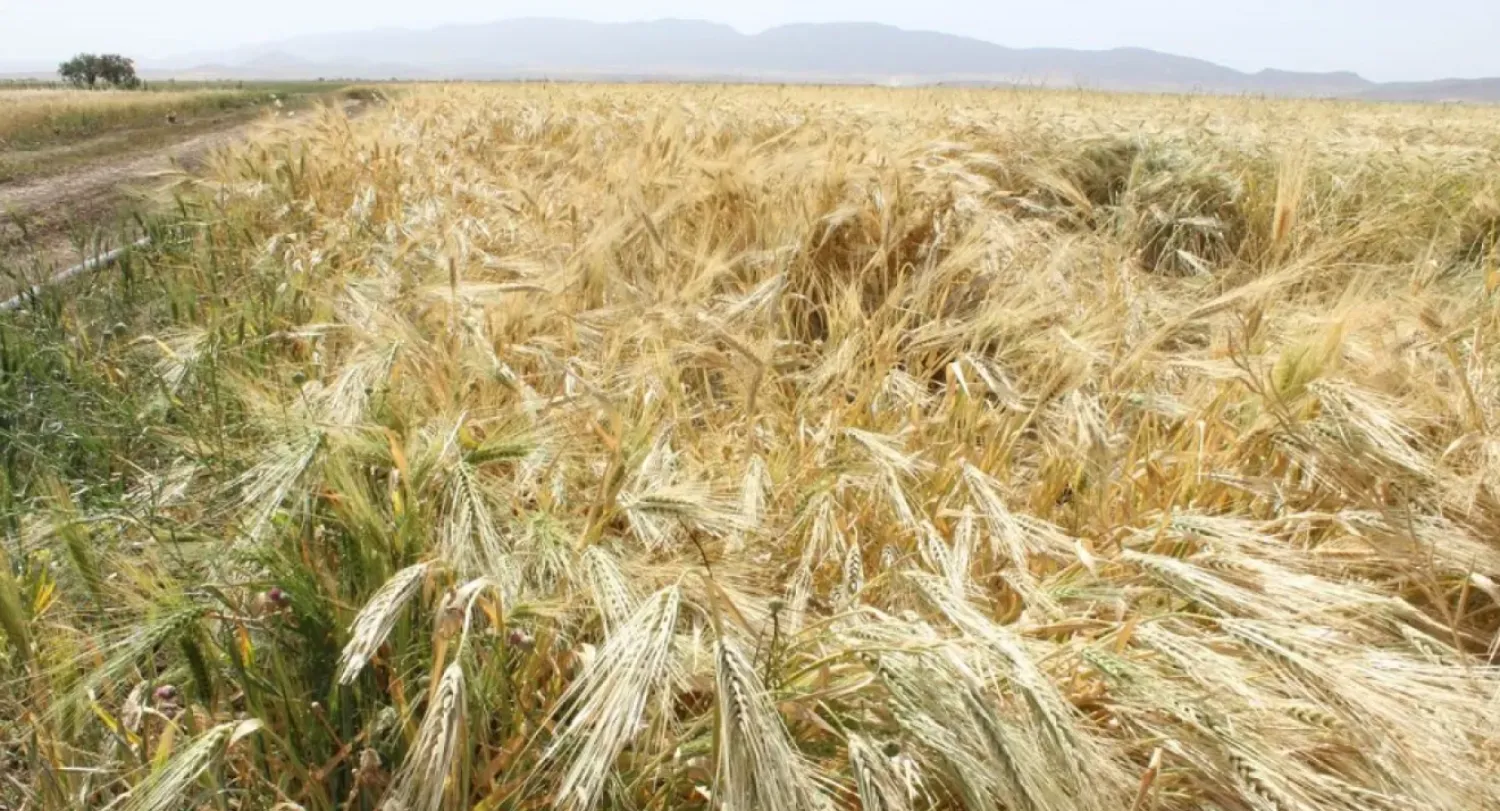UAE Central Bank is working on issuing a digital currency that would be accepted in cross-border transactions between UAE and Saudi Arabia, UAE central bank governor Mubarak Rashed al-Mansouri said on Wednesday.
Mansouri stated that the digital currency will not replace any specific currency, but will be a new tool for payments.
He told reporters that the digital currency would be based on the blockchain, shared ledger of transactions, maintained by a network of computers on the internet rather than a central authority.
Governor Mansouri was speaking at the 13th Annual High-level Meeting on Banking Supervision and Financial Stability in the Arab Region organized by Arab Monetary Fund (AMF) and Financial Stability Institute.
"This is the first time the monetary authorities of two countries cooperate to use blockchain technology," he said, adding that the central banks wanted to understand blockchain technology better.
He indicated that the UAE-Saudi digital currency would be used among banks, not by individual consumers, and would make transactions more efficient.
“It is digitization of what we do already between central banks and banks,” he said.
Mansouri, however, stated that both countries are still in the initial phase and no date has been set to launch the joint digital currency.
“It’s just a study between UAE and Saudi [Arabia] and have not gone deeper into it. We have not put a framework when the study will be completed and who will be involved from both parties," he announced.
The governor said that it is probably the first time when two monetary authorities from different countries cooperate on this topic, hoping that this collaboration will foster similar collaboration in our region.
Mansouri also said the recent developments in FinTech present both unique challenges and opportunities for the industry and the key is for both market participants and regulators to better understand the risks involved and the best ways to monitor and mitigate them.
Speaking on the sidelines of Finovate Middle East, UAE Undersecretary of the Ministry of FinanceYounis al-Khouri said that the Ministry will pursue its commitment to support and explore ways to increase innovation within government and finance more broadly.
“We have seen FinTech enter the popular consciousness in a big way this year due to developments in mobile payment technology, and the introduction of blockchain technology that have ignited the public interest and pushed the sector’s growth,” he said.
Khouri announced that the ministry hosted regular FinTech seminars to help showcase modern technologies and their impact across the sector.
"It continues to be a key player in helping to foster the investment environment in the UAE for tech entrepreneurs through the Mohammed bin Rashid Innovation Fund that is worth AED 2 billion," he concluded.









